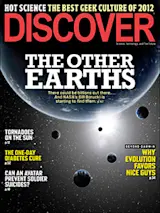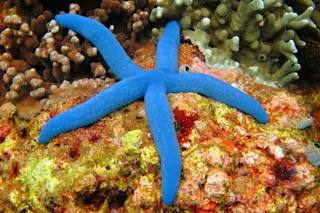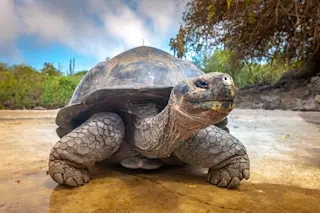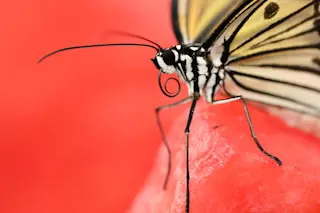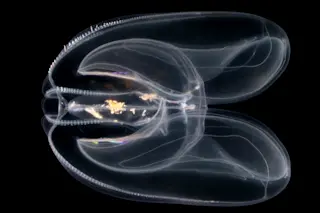Martin Nowak watched pages of new calculations spill from the printer. He was working in his little corner of paradise, a room in his Lincoln, Massachusetts, home with big windows where he can watch deer nibble at the trees and birds flit around a feeder. Into this sanctuary walked his 16-year-old son, Philip, who picked up one of the pages. It contained a graph that resembled a collection of brightly colored ribbons draped across a table and then falling off its edge.
“What’s this?” Philip asked.
“That’s the origins of life,” replied Nowak, a biologist and mathematician who directs Harvard University’s Program for Evolutionary Dynamics.
The boy squinted at the paper. “The real origins of life or just a theory?”
“My whole life is just a theory?” Nowak moaned in mock despair. Nowak recounts the story in his Cambridge office—another sanctuary, this one overlooking Harvard Square, where pedestrians and cars ...



